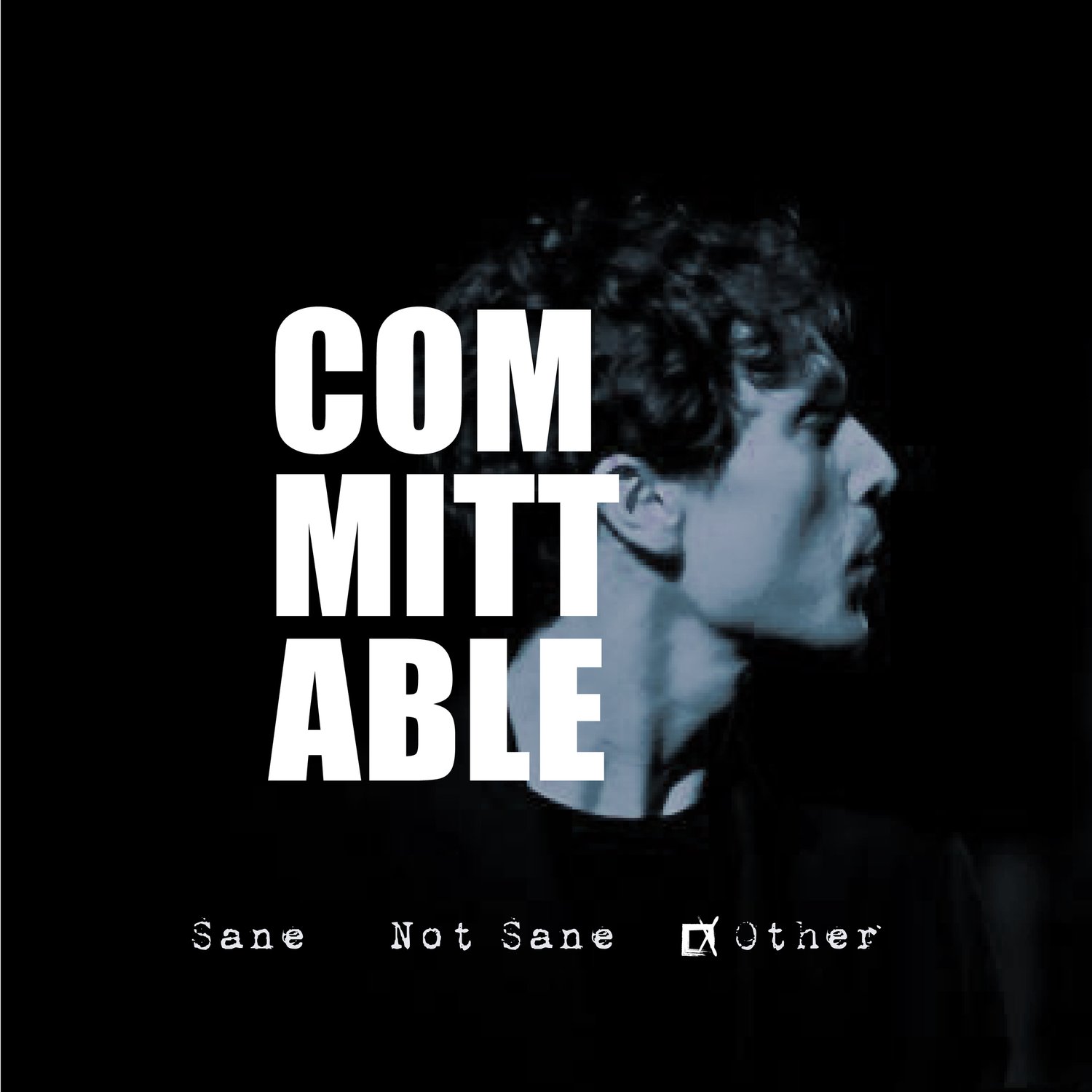Assisted outpatient treatment, also referred to as AOT, is a form of involuntary outpatient commitment that is a court order. And the details of this are going to vary state by state, but generally speaking, an outpatient commitment is a court order listing a series of requirements that the person targeted by the court order must comply with.
These court orders usually require some form of medication. They can require that the person live in a certain place, it can require that the person engage with specific people for treatment, it can require that the person periodically return to the court to appear before the judge, it can require drug tests, in some places it can require electroconvulsive therapy.
So the court order creates a judicially enforced form of surveillance and coercion that says to the person, do what we say, or else. Or else what? Right? What can happen to that person if they don't comply? So, again, it varies state by state, but generally speaking, if you don't comply, it will automatically trigger an evaluation and that evaluation will determine whether or not you are detained in a psych facility. And since typically one of the basic requirements for AOT is that the person has previously been involuntarily hospitalized, and since involuntary hospitalizations are often traumatic, sometimes debilitatingly traumatic. Then imagine what it would be like to spend a year or more with a court order that says either you do what we say or we might force you back into one of the most traumatic experiences of your life. Imagine spending a year or more living in the community with that threat looming over you.
That is what AOT is. It is the threat of potentially traumatic consequences used to make a person comply with whatever it is that they are being told to do.
